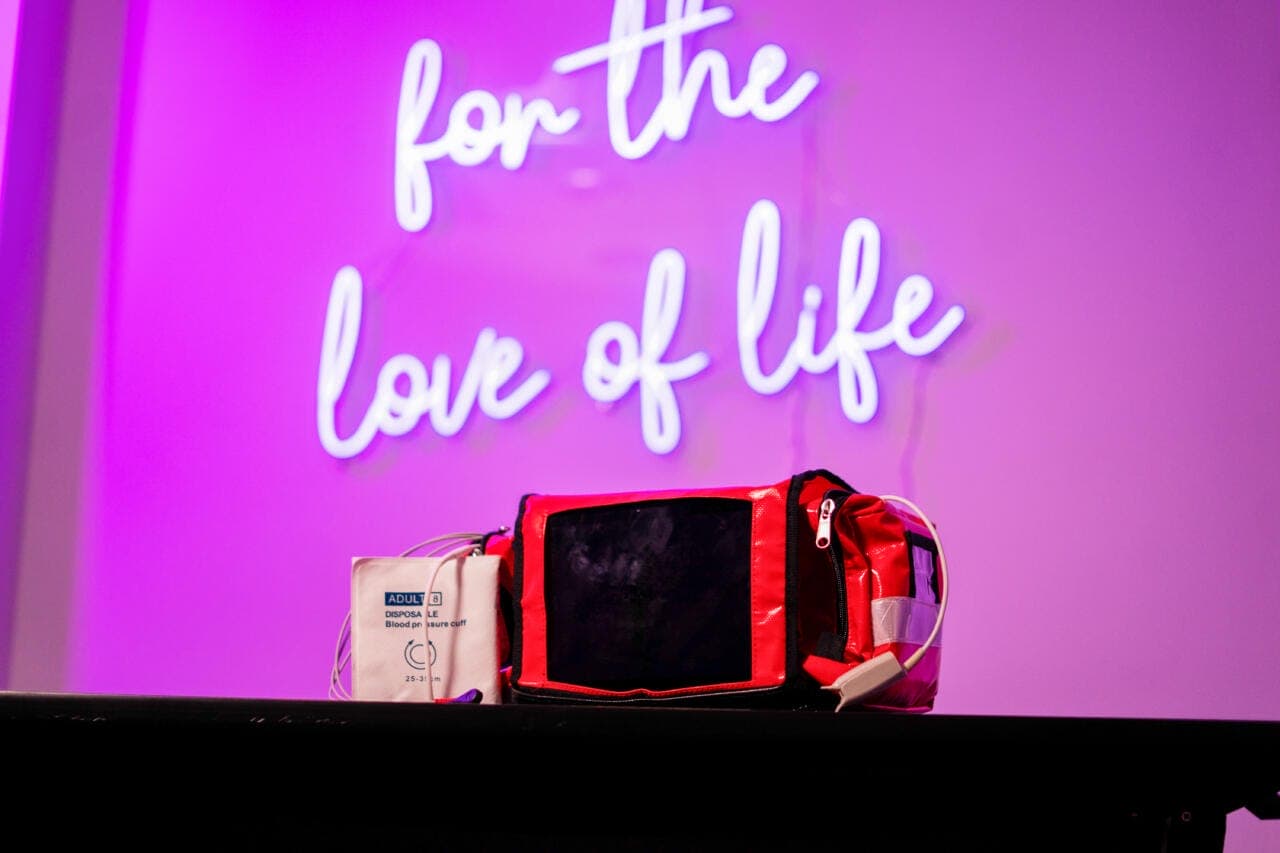New AHA Advanced Cardiac Life Support (ACLS) 2023 Guidance: A Summary

On December 18th 2023, the American Heart Association issued an ACLS Update. In the updated guidance there are recommendations that complement and add clarity to the 2020 AHA Guidelines for CPR and Emergency Cardiovascular Care. While there is nothing that contradicts the previous guidance there are new points that discuss temperature control, diversity, equity and inclusion. You can read the journal article published on the AHA ‘Circulation’ here or continue reading for a brief summary.
The Abstract
The abstract for the article reads: “Cardiac arrest is common and deadly, affecting up to 700,000 people in the U.S. annually. ACLS measures are commonly used to improve outcomes. This “2023 American Heart Association Focused Update on Adult Advanced Cardiovascular Life Support” summarizes the most recent published evidence for and recommendations on the use of medications, temperature management, percutaneous coronary angiography, extracorporeal cardiopulmonary resuscitation, and seizure management in this population. We discuss the lack of data in recent cardiac arrest literature that limits our ability to evaluate diversity, equity, and inclusion in this population. Last, we consider how the cardiac arrest population may make up an important pool of organ donors for those awaiting organ transplantation.
https://www.ahajournals.org/doi/abs/10.1161/CIR.0000000000001194
Why are there new changes?
Since the 2020 AHA ACLS guidelines, there have been multiple studies concerning resuscitation science. Based on these studies, guidelines are updated to reflect the new data. It is critical for our medical providers to understand the studies and change practices that take the new findings into account as practicing clinicians.
What are the implications for Training ACLS Providers?
A main point of the 2023 Focused Update shifts the terminology from ‘targeted temperature management’ to ‘temperature control’. The article then discusses strategies of hypothermic and normothermic temperature control, as well as temperature control with fever prevention.
Temperature control is defined as choosing one temperature between 32°C and 37.5°C and holding that temperature for a minimum of 24 hours. (Previously, the AHA recommended maintaining a temperature between 32°C-36°C.) This guidance applies to all adults with return of spontaneous circulation (ROSC). Sudden cardiac arrest victims with spontaneous hypothermia after ROSC who are unresponsive to verbal commands should not procedurally be rewarmed faster than 0.5°C per hour.
Additionally, the 2023 ACLS Focused Update reaffirms that the use of rapid infusion of cold I.V. fluids for prehospital cooling of patients after ROSC is not recommended.
When teaching ACLS courses, AHA Instructors should be aware that these new guidelines may be followed, should a student choose to use these guidelines in practice and testing. See a chart addressing Indications for Temperature Control here.

Is there new AHA ACLS materials and curriculum?
There are no changes to ACLS course agendas or training materials at this time. The latest books, dvd’s, ACLS reference cards, and course supplies from 2020 should continue to be used. The AHA is providing a document titled, “2023 ACLS Focused Update: Implications for Training ACLS Providers,” which is available on Atlas.
What are the Clinical Implications?
Based on the new recommendations, hospitals should develop protocols for post-arrest temperature control. Additionally, policies and procedures should be updated as well to use the terminology ‘temperature control’ instead of ‘targeted temperature management.’
These new guidelines can affect patient care in several ways. One example given in the AHA blog post states “After ROSC, unless the 12 lead EKG demonstrated STEMI, there would likely not be a reason for emergent coronary catheterization. When a core temperature is obtained, simply maintaining the temperature between 32°C and 37.5°C is reasonable. A temperature management device is still needed, but there is less urgency to alter temperature to a specific number. These new guidelines give specific definitions of EEG findings on the ictal-interictal spectrum to illustrate what findings would be considered for treatment.”
Finally, there is new guidance to help providers determine the viability of organ donations after cardiac death.


